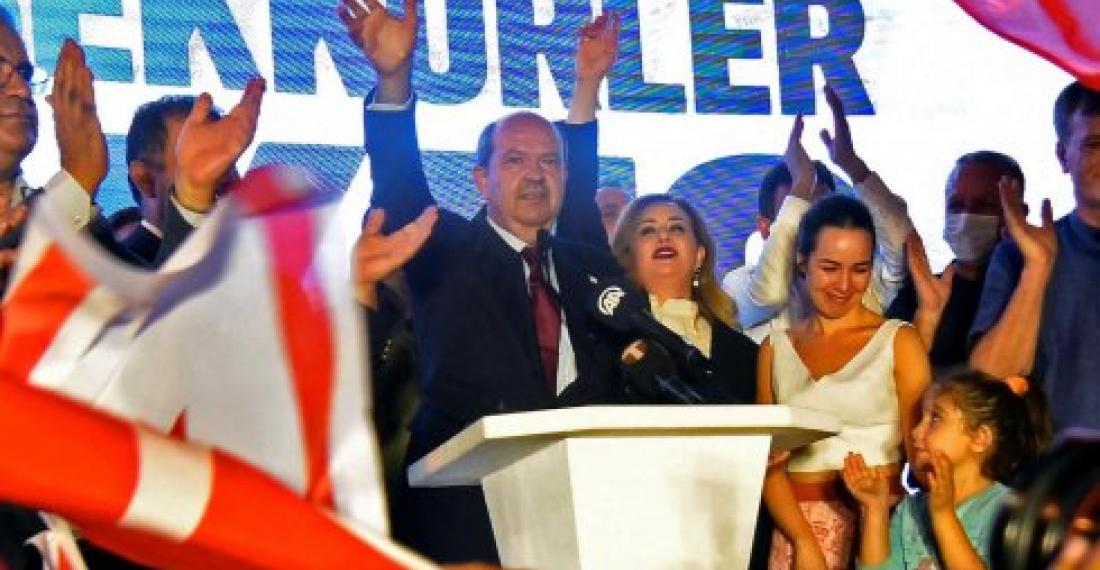Ersin Tatar won the presidential runoff in the Turkish Northern Cyprus, with 51.69% of the votes, according to unofficial results.
According to Turkish News Agency-Cyprus (TAK), the Supreme Committee of Election issued a written statement on the unofficial results, which said that Tatar, the presidential candidate of the National Unity Party (UBP), won the second round of the public vote by receiving 67,322 of valid votes.
Incumbent Mustafa Akinci, who run independent, bagged 62,910 votes for 48.31%.
It also said that the turnout was 67.29% in the second round and 133,931 voters out of over 199,000 registered voters cast ballots in 738 ballot boxes.
A total of 130,232 of the ballots were valid, while 3,699 of them were deemed invalid for not complying with the rules.
Reporting the result the BBC website described Tatar as a "right-wing nationalist" "who is pro-Turkey and wants the divided Mediterranean island to be two separate states" whilst his opponent and incumbent leader, Mustafa Akinci, "sought reunification with the Greek part of the island".
Cyprus has had a troubled history since receiving independence from Britain in 1960 under an agreement that saw Britain retaining parts of the island as sovereign military bases. It has been divided since 1974, when Turkey invaded the north after a military coup backed by Greece overthrew the government of president Archbishop Makarios and installed a right wing junta close to the then military regime in Athens.
The island was effectively partitioned, with the northern third run by a Turkish Cypriot government and the southern two-thirds by the internationally-recognised government led by Greek Cypriots.
The self-declared Turkish Republic of Northern Cyprus (TRNC) - which has a population of around 300,000 - is recognised as an independent state only by Turkey, while the rest of the world sees it as part of Cyprus.
source: commonspace.eu with Hurriyet Daily News (Istanbul) and BBC (London).
photo: Ersin Tatar declaring his victoiry as president of north Cyprus.






